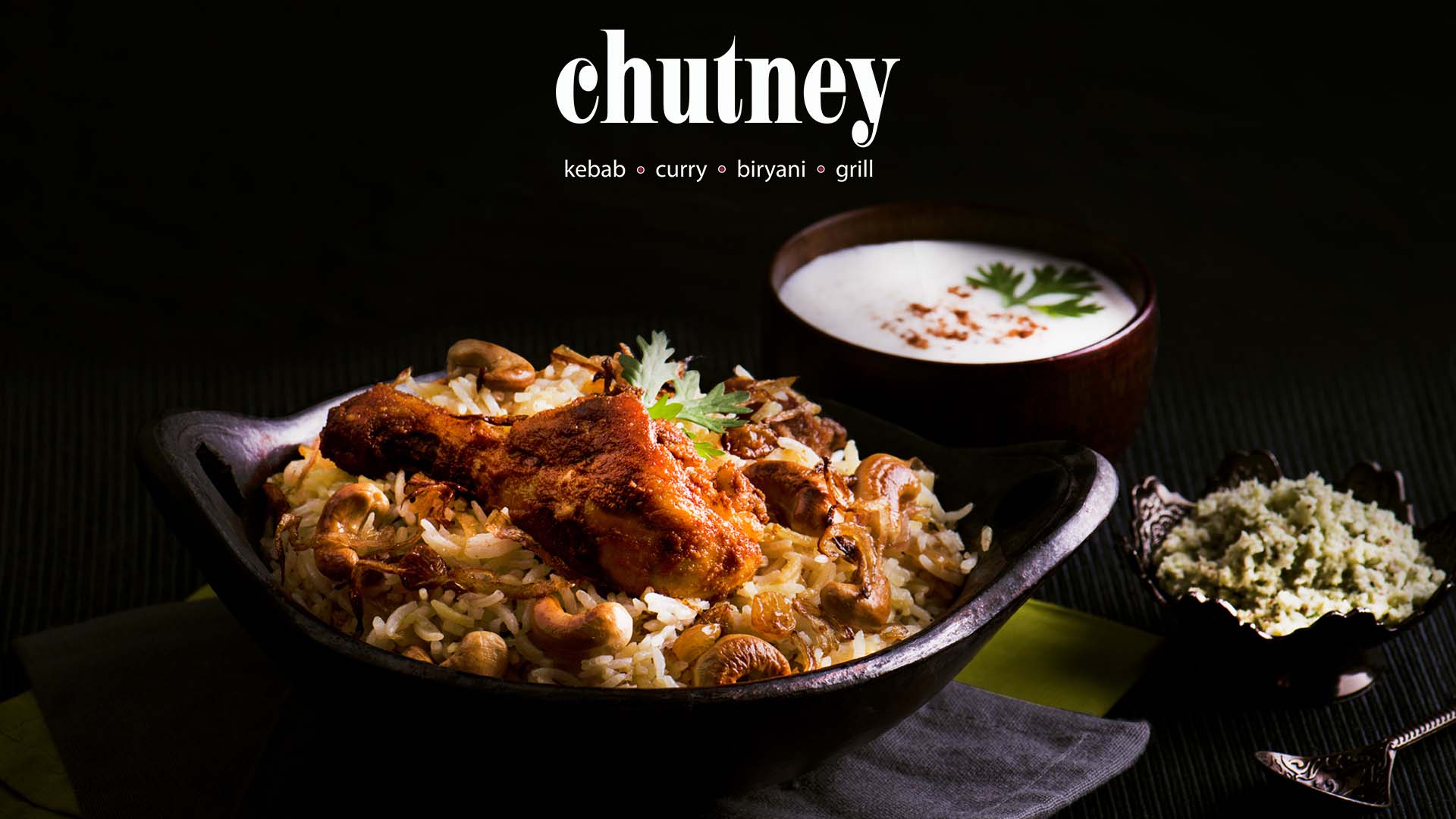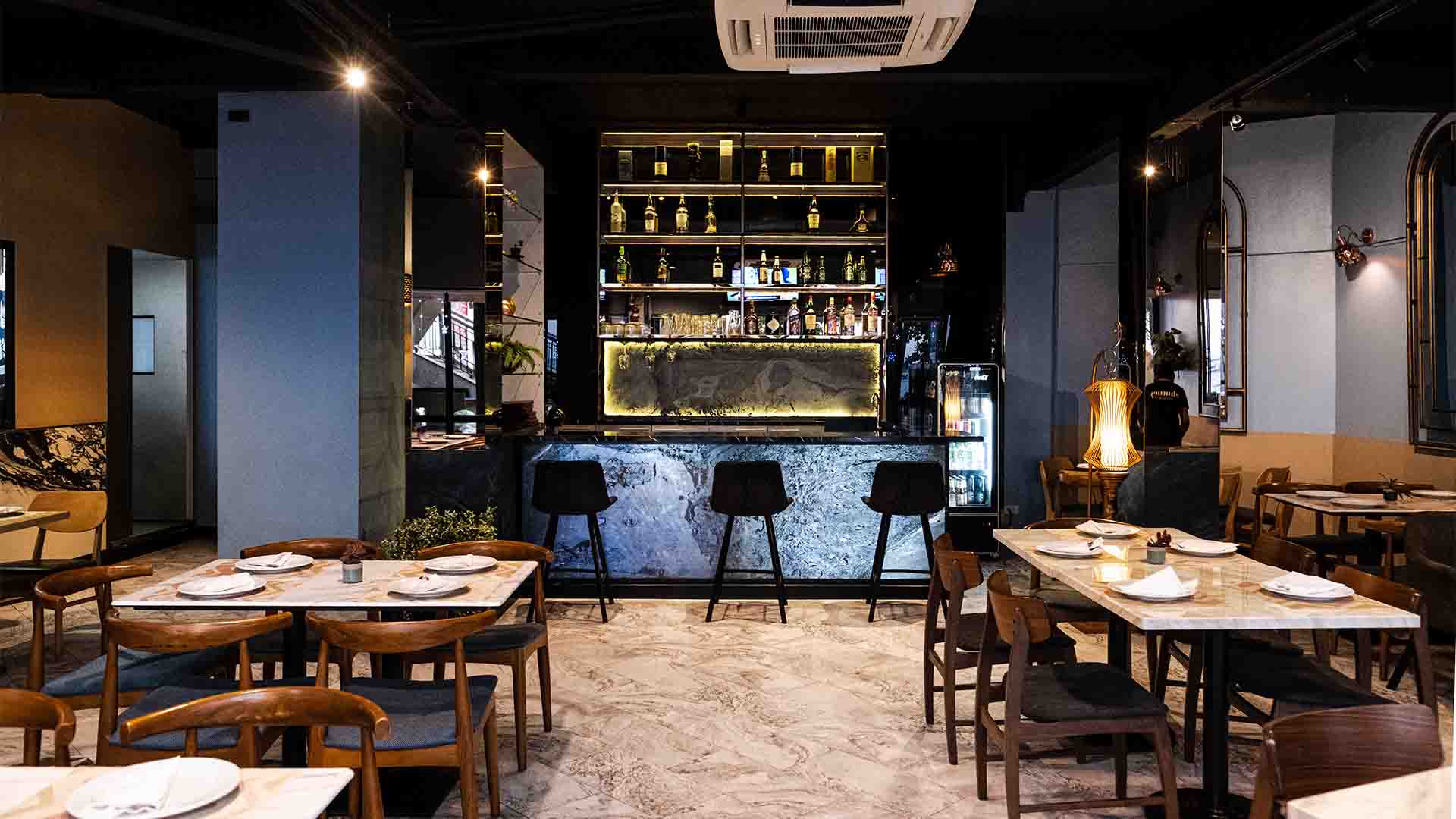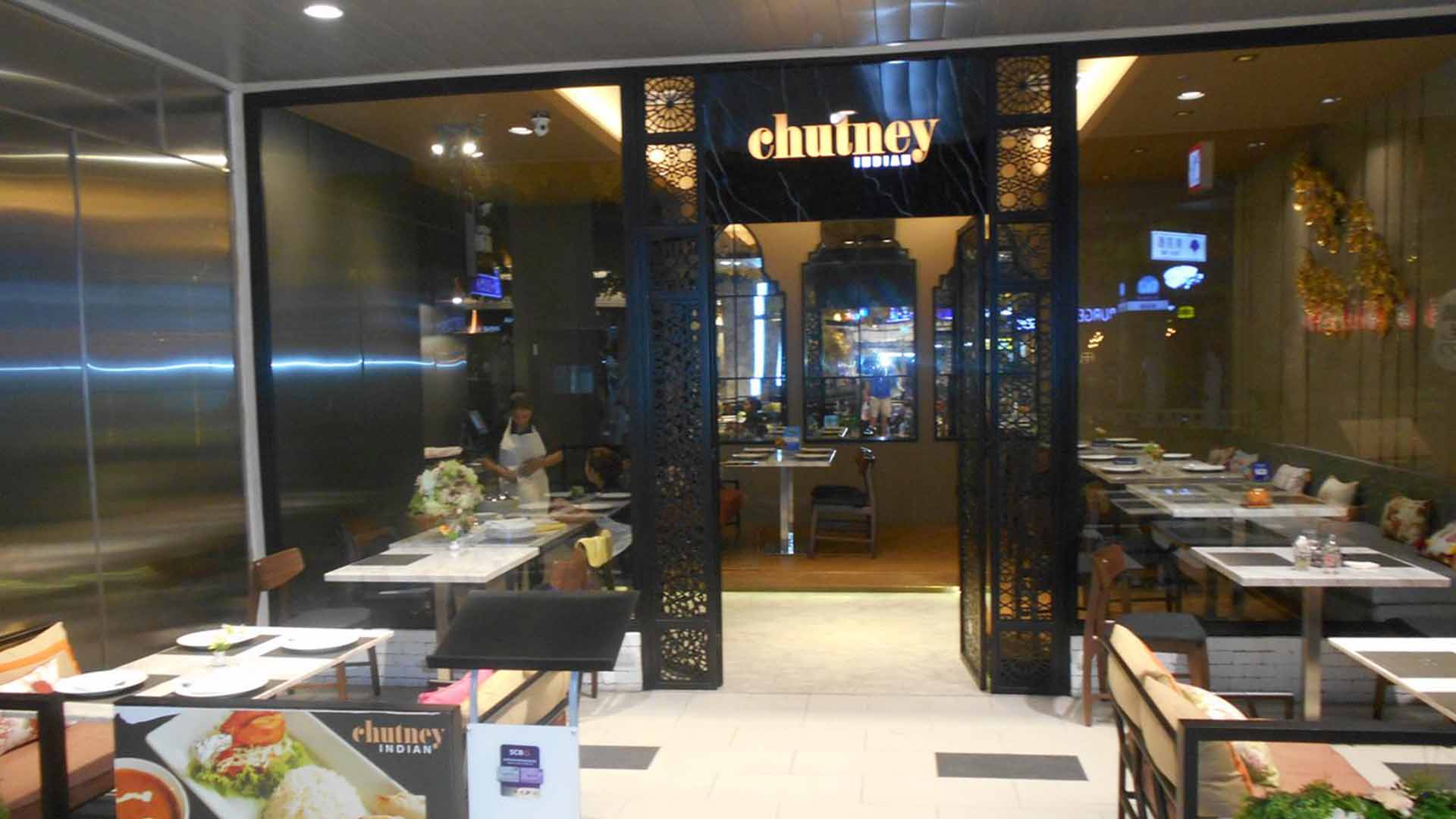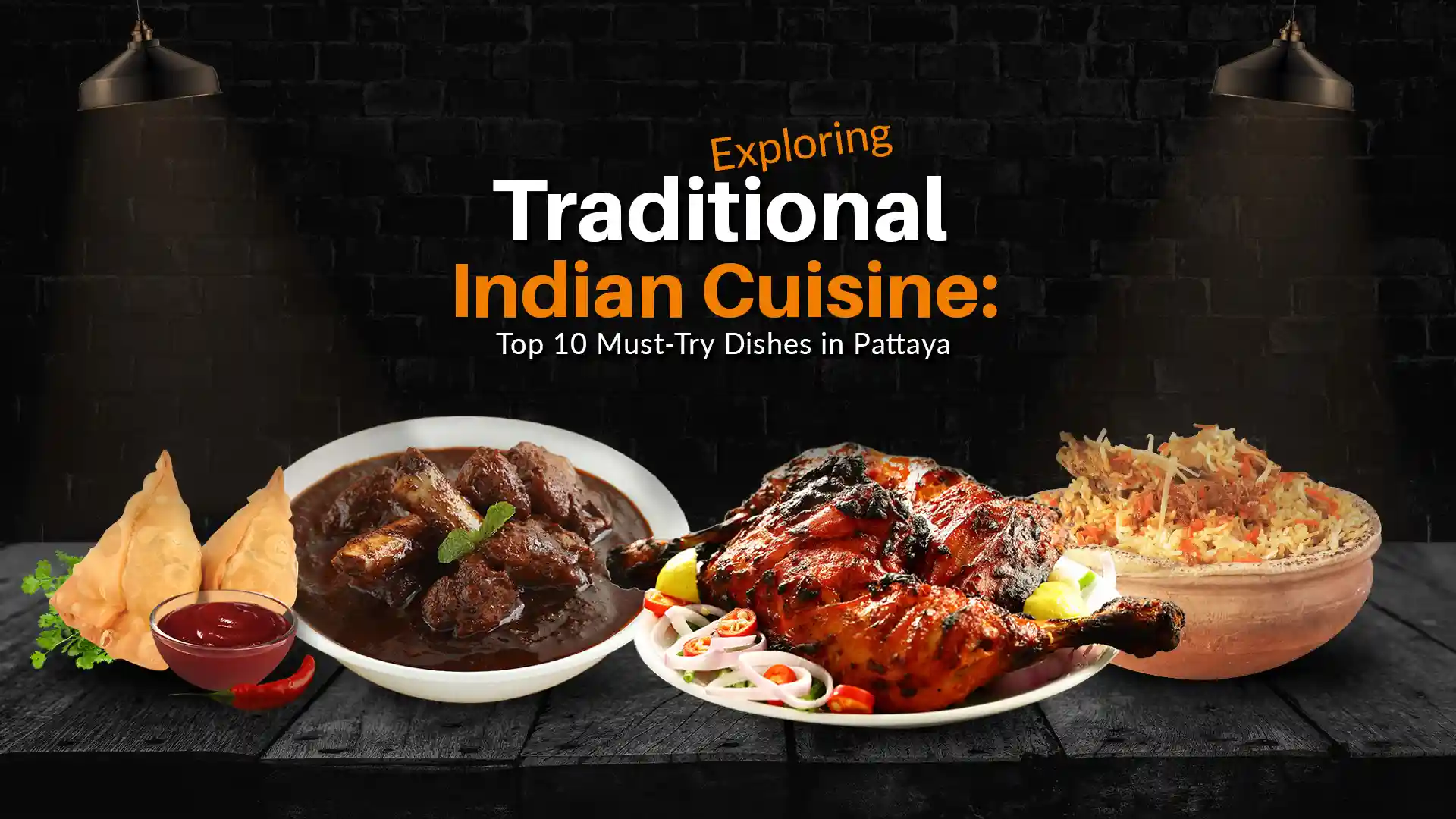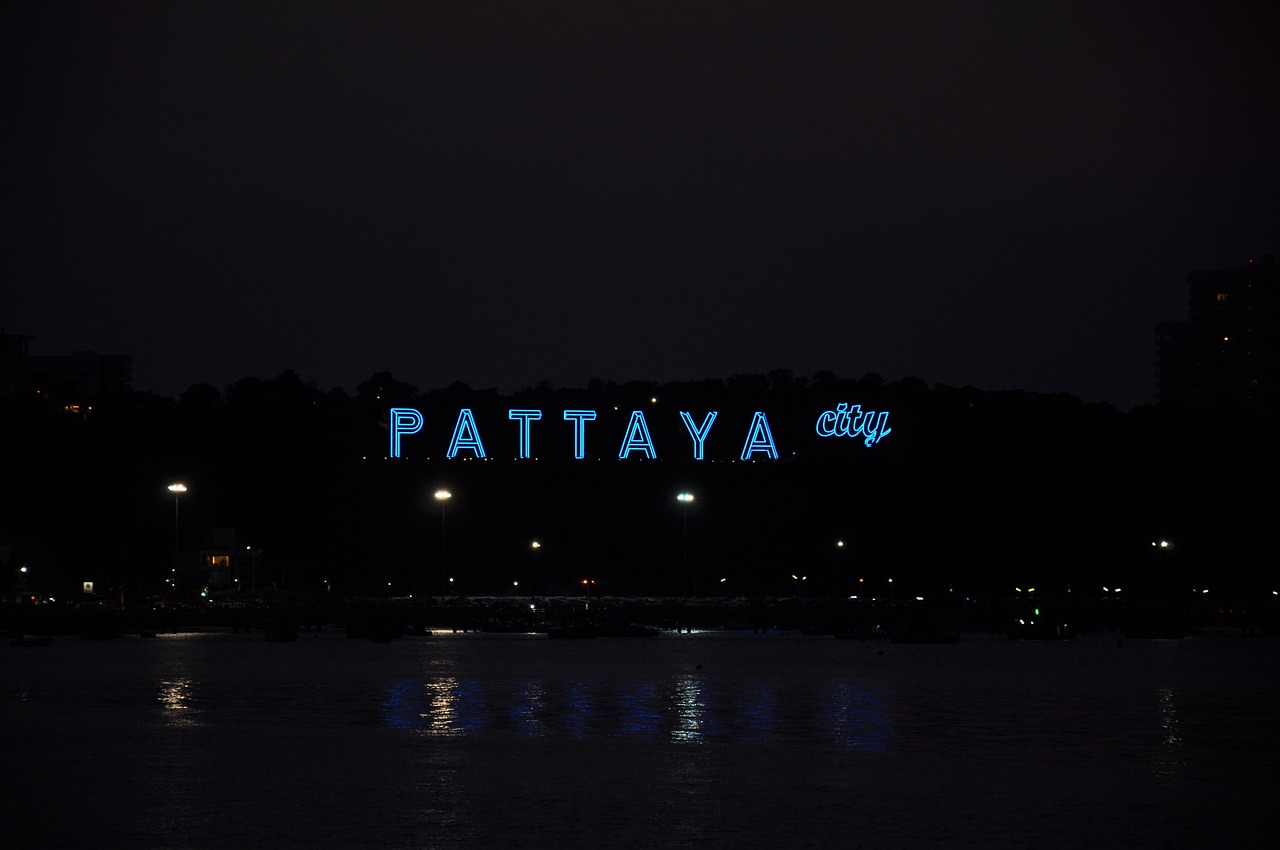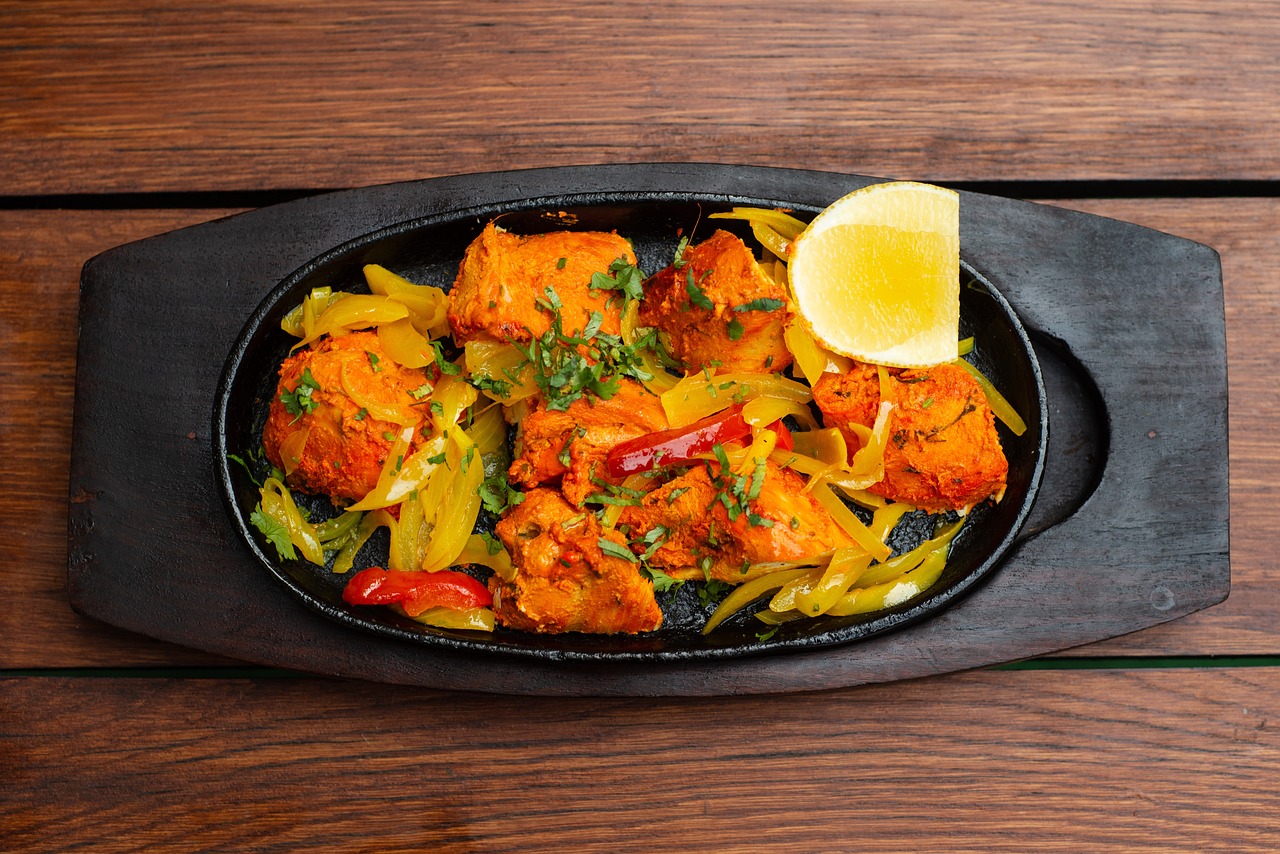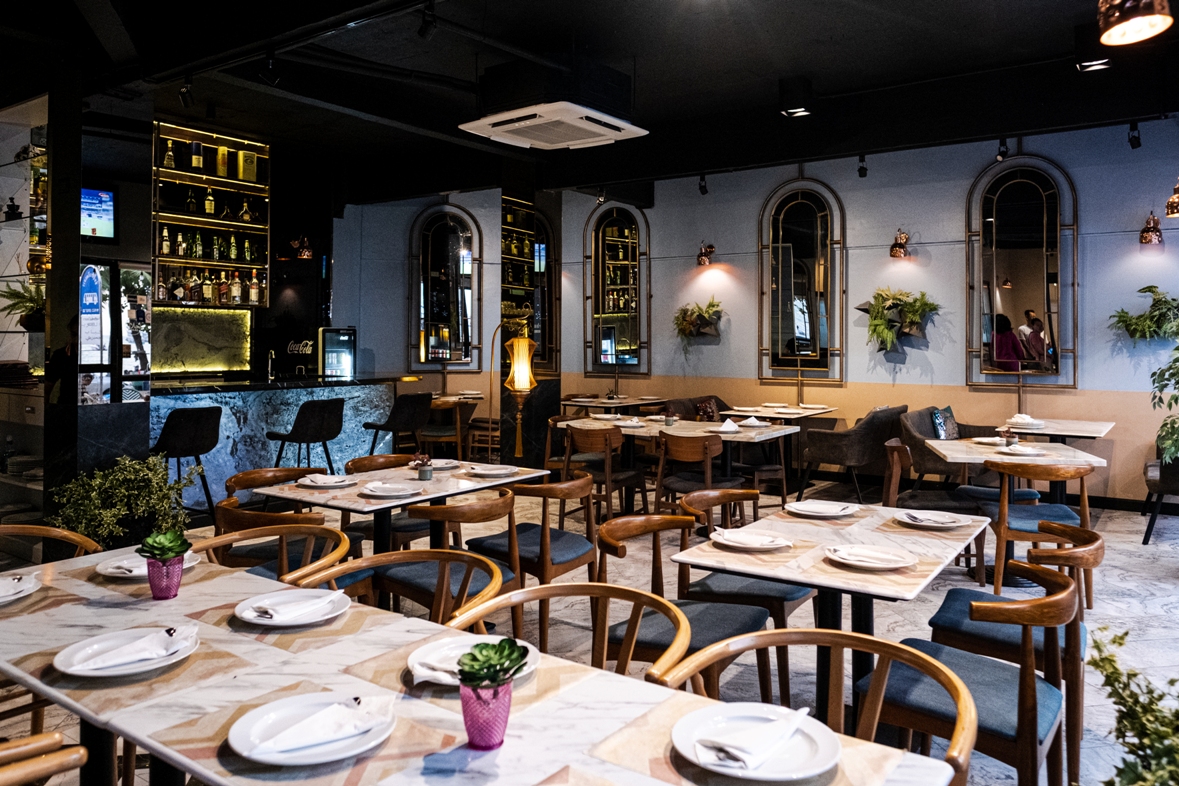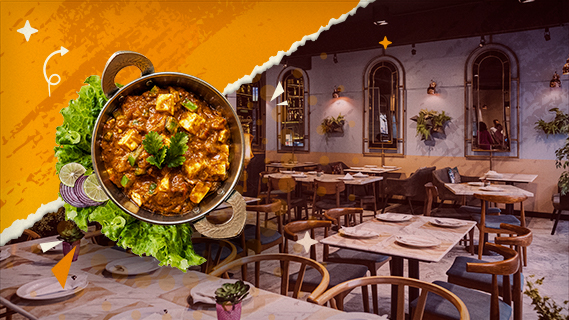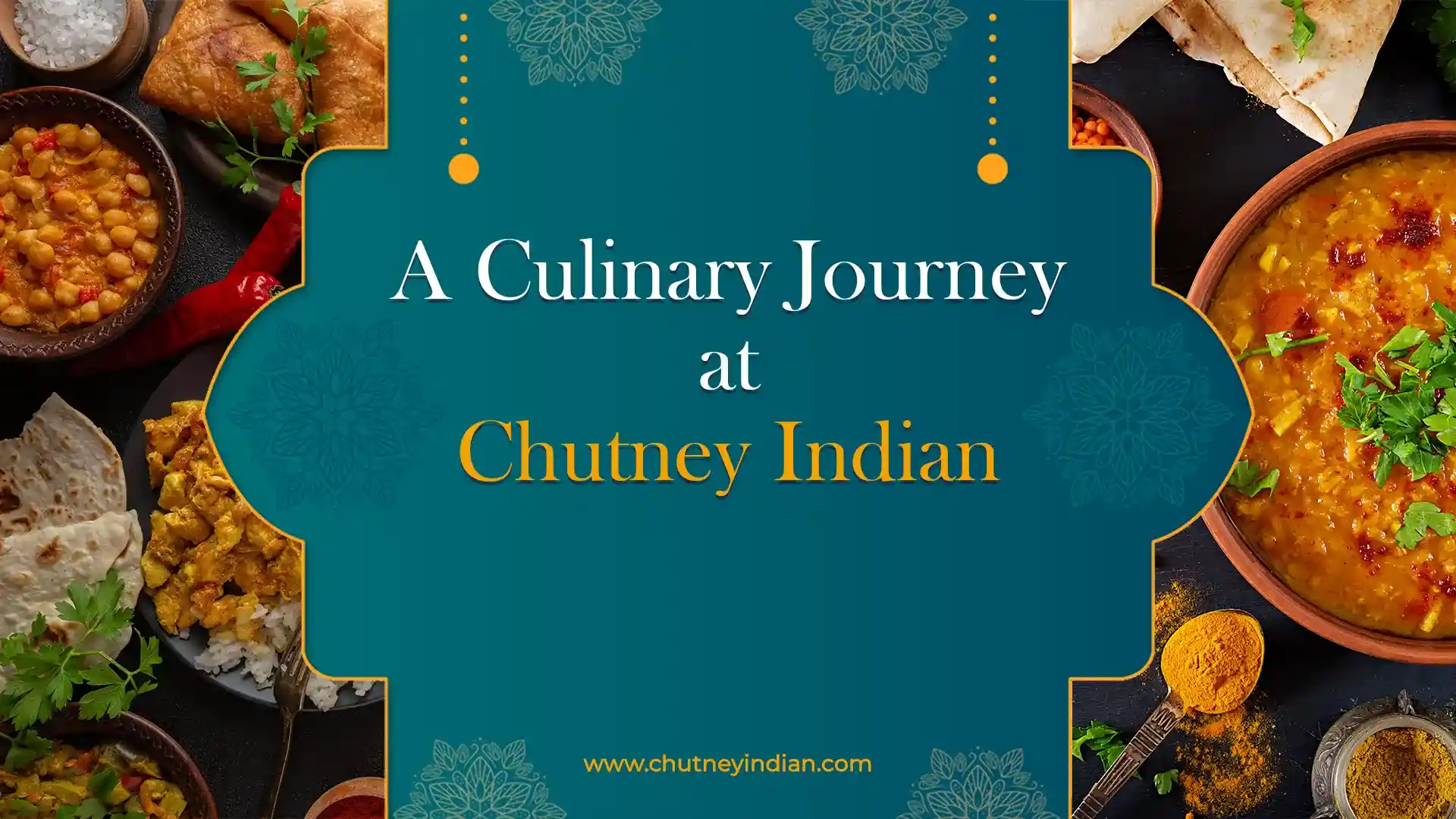Songkran: Celebrating The Thai New Year In All Its Glory!
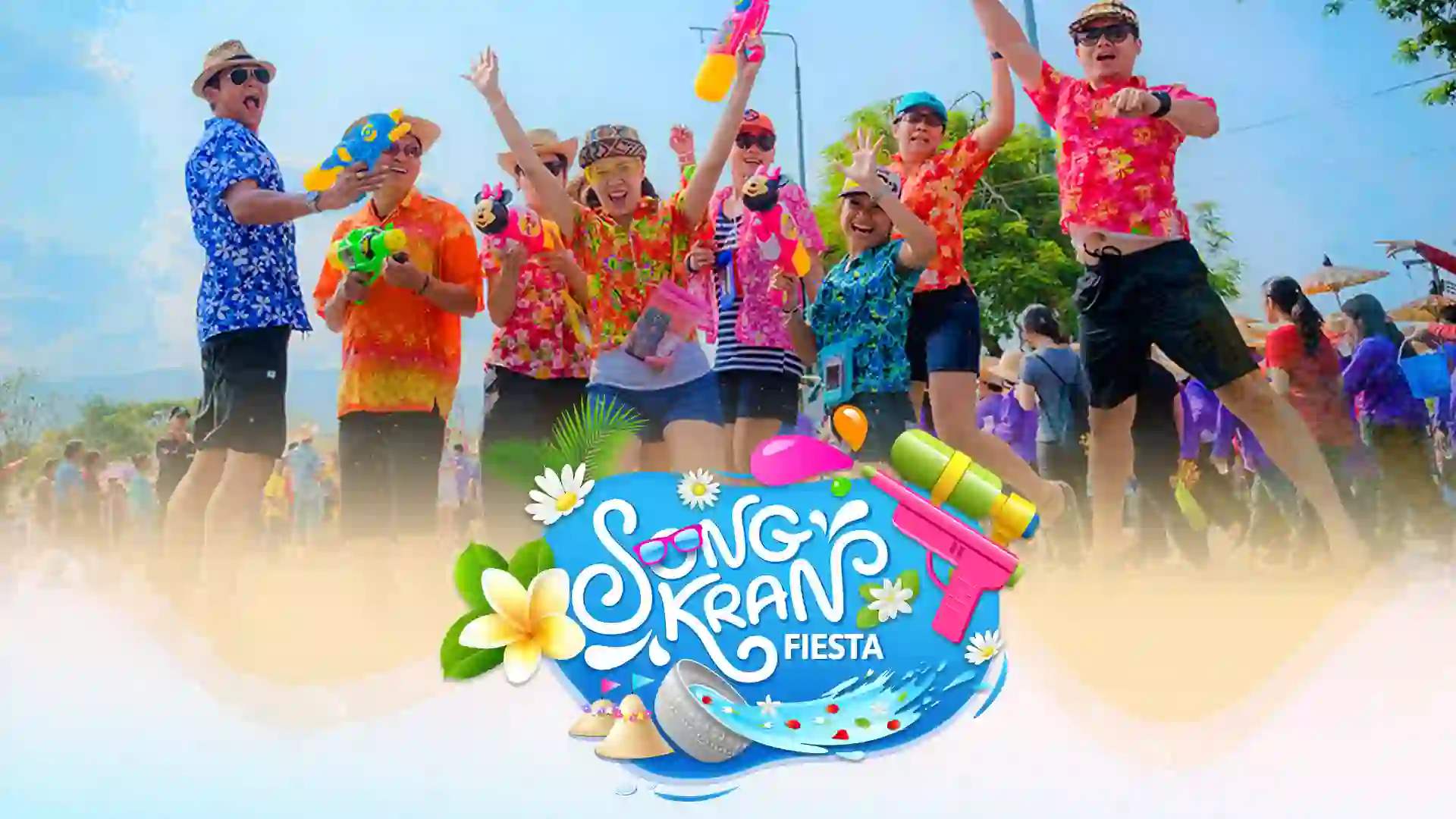
Songkran: Celebrating The Thai New Year In All Its Glory!
Songkran, a vibrant and colorful festival celebrated in Thailand that marks the beginning of the traditional Thai New Year is a celebration that captures the heart and soul of Thailand's rich cultural heritage. Also known as the "Water Festival," Songkran is a time of joy, fun, and renewal as people come together to engage in spirited water fights, pay respects to elders, and participate in various cultural and religious ceremonies. The festival is a spectacular display of traditional customs and practices and a testament to the country's vibrant and colorful culture.
As a destination for tourists and locals alike, Songkran offers a unique experience that is not to be missed. In this blog, we will delve into the origins, significance, and modern-day celebrations of Songkran, providing an in-depth look at one of Thailand's most cherished festivals.
Origins of Songkran
The origins of Songkran go back to ancient Indian traditions which were later adopted by Buddhism. The word "Songkran", derived from the Sanskrit word "saṅkrānti," means "to move" or "to change." During Songkran, the sun transitions from one astrological sign to another, marking the end of the old year and the beginning of the new one. Songkran is celebrated for three days in Thailand from April 13th to April 15th, the days based on the Thai lunar calendar mark the end of the end of a season.
Significance of Songkran
Songkran is not just about water fights and merry making; it holds profound cultural and spiritual significance for the Thai people. The festival is a time for Thais to cleanse themselves of past misfortunes and sins, make merit, and seek blessings for the coming year. Water plays a symbolic role in Songkran as it is believed to cleanse and purify both the body and soul, washing away the past and starting anew.
Here are some of the main traditions and celebrations associated with Songkran:
• Water Splashing: The iconic tradition of Songkran is the playful water splashing, which has become synonymous with the festival. People of all ages take to the streets armed with water guns, buckets, and hoses, splashing water on each other as a symbol of cleansing and purification. The water is often scented with fragrant herbs and flowers, adding to the festive atmosphere. In modern days, celebrations in special zones, named as splash zones, include playing with ice cold water, dancing to loud music, and drinking alcohol.
• Religious Ceremonies: During Songkran Thais visit temples to make merit, offer prayers, and join in traditional rituals. Buddha images are bathed with scented water, and people pour water over the hands of monks as a sign of respect and purification. Another tradition is the building of sand pagodas to symbolize Buddhist temples.
• Family Reunions: Songkran is a time for families to come together and celebrate. Many Thais travel back to their hometowns to reunite with their families and celebrate the festival with their loved ones. Family members pay respects to their elders by pouring water on their hands and seeking their blessings for the New Year. It is also a time for family gatherings, feasting on traditional Thai food, and engaging in festive activities together. Traveling during the Songkran to visit hometowns and families in different cities often causes traffic jams and accidents.
• Beauty Pageants and Contests: Songkran is also a time for beauty pageants and contests, where locals and tourists alike can participate. These events showcase traditional Thai costumes, dance performances, and talent competitions, adding to the festive spirit of Songkran. They provide a platform for Thais to display their cultural pride and talent, and they are a highlight of the festival celebrations.
• Water Conservation: In recent years, there has been a growing awareness about water conservation during Songkran. As a result, many communities and organizations have started promoting responsible water usage during Songkran to raise awareness of conserving water resources.
Celebrating Songkran in Thailand
In different cities in Thailand, Songkran is celebrated with their own unique traditions and customs. For example:
Chiang Mai: In addition to water play, Chiang Mai celebrates Songkran with special activities such as a grand procession with people dressed in traditional Thai costumes, carrying Buddha images and other religious artifacts while being splashed with water as a form of cleansing and purification.
Bangkok: In the bustling capital of Thailand, Songkran is celebrated with the closure of major streets, transforming the city into a massive water park. People engage in water fights, where they splash water on each other to symbolize washing away bad luck and starting the new year fresh.
Phuket: In Phuket, Songkran is celebrated with a unique blend of water-based activities and cultural performances. Water fights and other water-related activities also take place on the beaches, streets, and in various communities.
Pattaya: Pattaya, a popular beach destination, celebrates Songkran with a mix of water-based fun and entertainment. There are water fights, concerts, and beach parties. Recently Pattaya has introduced creative elements to its Songkran celebrations, such as foam parties, where participants dance and play in foam-filled areas. Songkran celebrations in Pattaya last for a week.
Ayutthaya: Ayutthaya, a historical city known for its ancient ruins, celebrates Songkran with a more traditional and cultural focus. There are also cultural performances, traditional games, and processions that showcase the rich heritage of Ayutthaya.
Celebrate Songkran with Chutney Indian
In conclusion, Songkran is a vibrant and colorful festival that holds deep cultural and spiritual significance for the Thai people. It is a time of renewal, cleansing, and coming together as a community. From water splashing and religious ceremonies to family reunions and beauty pageants, Songkran offers a unique and memorable experience for locals and tourists alike. As the festival continues to evolve, there is also a growing awareness about responsible water usage and environmental conservation during Songkran.
So, if you find yourself in Thailand during Songkran, be sure to join in the festivities and celebrate this cherished festival with the Thai people. And after all the water play and celebrations, you can also enjoy delicious Indian cuisine at Chutney Indian, a perfect way to complete your Songkran experience. Its menu is a fusion of traditional and contemporary Indian dishes, carefully crafted to cater to all tastes, from aromatic and spicy curries to savory street food snacks. Its skilled chefs use only the freshest ingredients and authentic spices to create tantalizing tastes for discerning guests. It offers the perfect ambiance for unwinding after a day of excitement and celebration. Its cozy and welcoming atmosphere provides an ideal setting for a leisurely meal with family and friends.
Happy Songkran


